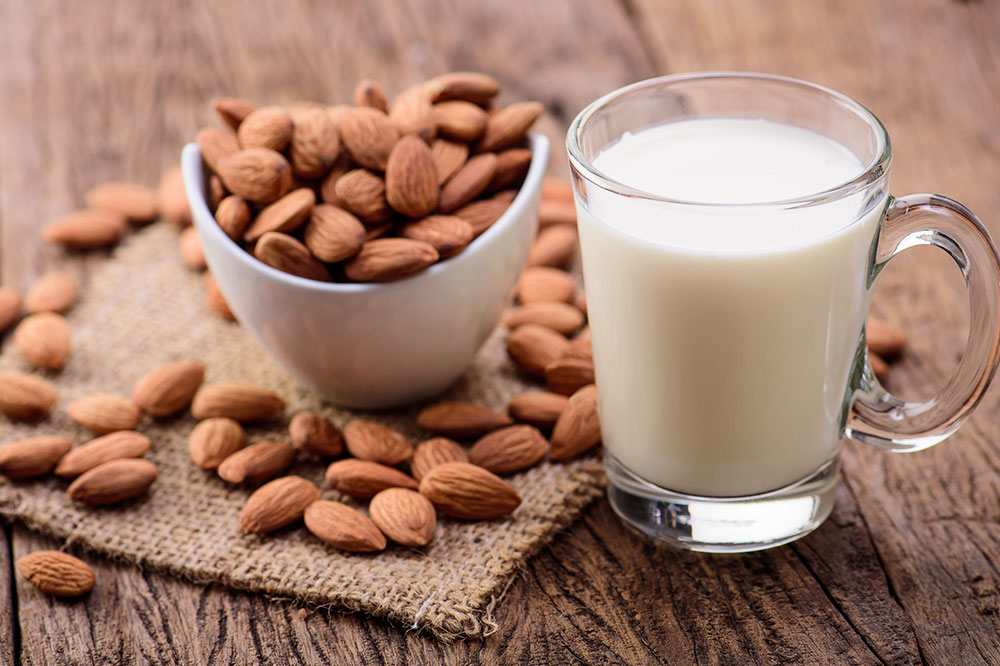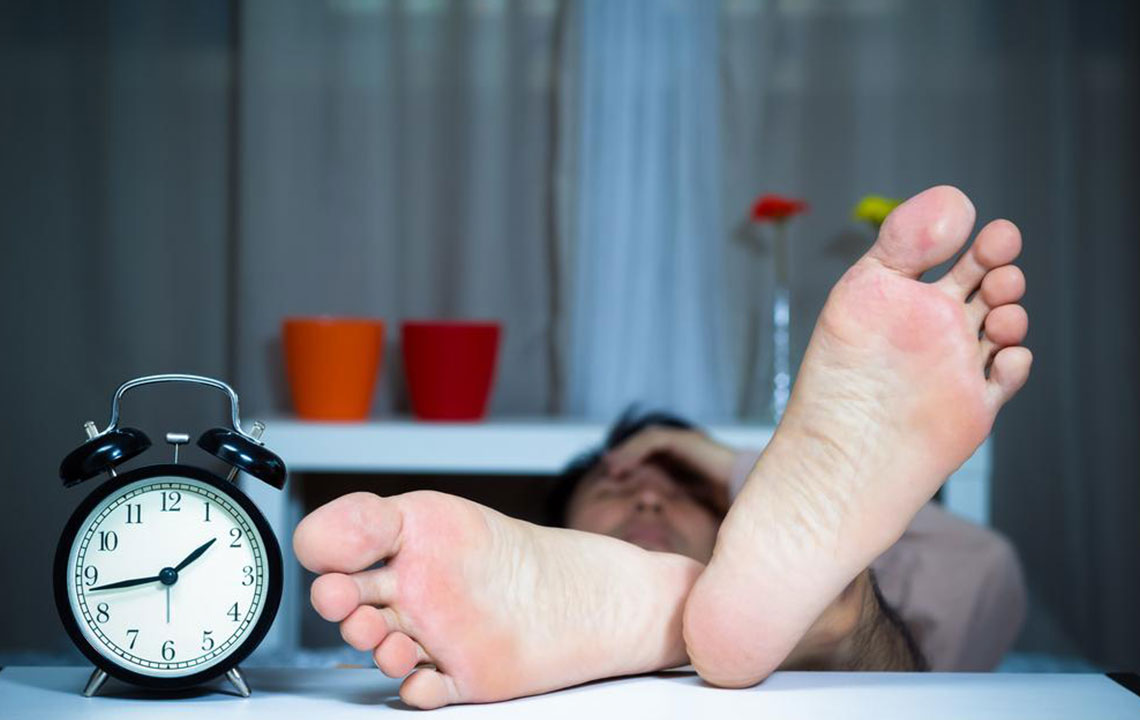Effective Strategies for Peaceful and Quick Sleep
Discover natural and effective methods to improve your sleep quality. From room temperature adjustments to relaxation techniques, these practical tips help overcome insomnia and promote restful sleep. Wake up refreshed and energized by following these simple strategies tailored to enhance your overall well-being without side effects.

Effective Strategies for Peaceful and Quick Sleep
Many individuals struggle to fall asleep despite feeling exhausted due to a busy and stressful lifestyle. Worries about work, upcoming tasks, or racing thoughts can keep you awake, making restful sleep difficult. Sleep is vital for physical and mental recovery, and its deficiency can lead to reduced productivity and health issues like hypertension or heart problems. If you're among those facing difficulty sleeping, you're not alone—over half the population occasionally experience insomnia, especially adults aged 45-60.
Ensuring proper sleep isn't just about relaxation; neglect can worsen health. Luckily, natural methods can help facilitate sleep without relying on medications that may cause side effects. Keep reading for effective tips to improve your sleep quality.
Practice Reverse Psychology: Don’t consciously try to fall asleep. Instead, distract yourself by keeping your eyes open for a few minutes. Paradoxically, this often leads to falling asleep faster—similar to how stress can make you sleepy when you stop stressing about sleep.
Adjust Room Temperature: The sleep environment significantly impacts rest quality. Maintain a room temperature between 60-67°F to create an ideal sleeping condition. Extreme temperatures can disrupt your sleep cycles.
Optimize Diet Intake: Consuming calcium and magnesium-rich foods can promote better REM sleep cycles. Eating white lettuce may help reduce anxiety and soothe headaches, calming your nervous system for easier sleep.
Refresh with Cold Water Facial Wash: If stress impairs your sleep, splashing your face with cold water for a short period can calm your nervous system, lowering heart rate and blood pressure. This stimulates the Mammalian Dive Reflex, promoting relaxation.
Take a Warm Shower: A warm bath or shower before bed helps relax muscles, decrease metabolism, and lower energy levels. It’s a simple yet effective way to unwind and prepare for sleep.
Use Relaxing Scents: Aromas like lavender can promote calmness. Distributing mild fragrances in your sleep environment can lower blood pressure and encourage quick onset of sleep.
Play Soft Music: Gentle, calming music or sounds can relax nerves and reduce stress levels. Dim the lights and listen to relaxing melodies to drift into sleep easily.
Practice Progressive Relaxation: Tense and then relax muscle groups progressively across your body. This method reduces muscle tension and stress, leading to better sleep.
Unplug from Devices: Turn off smartphones, laptops, and other electronics to reduce stimulation. Giving yourself tech-free time before bed helps your mind settle down.
Create a Comfortable Sleep Position: Find your preferred sleeping posture, get cozy, and close your eyes. Comfort is key to drifting off quickly.
Prioritizing quality sleep is essential for health. Implementing these tips can help in overcoming insomnia and sleepless nights, leaving you refreshed and energized the following day!
Note:
This blog offers helpful insights across various topics, based on research and practical knowledge. Readers should consider these tips as guidance rather than definitive solutions. The site disclaims responsibility for data discrepancies or inaccuracies and notes that some available schemes or offers may differ from those mentioned.










